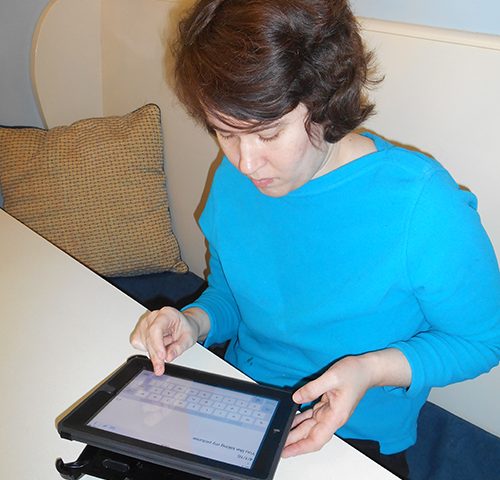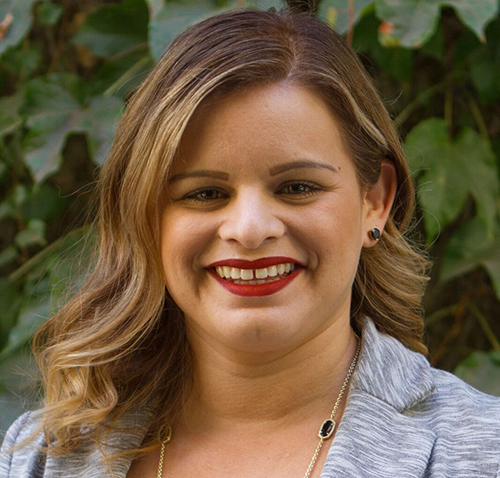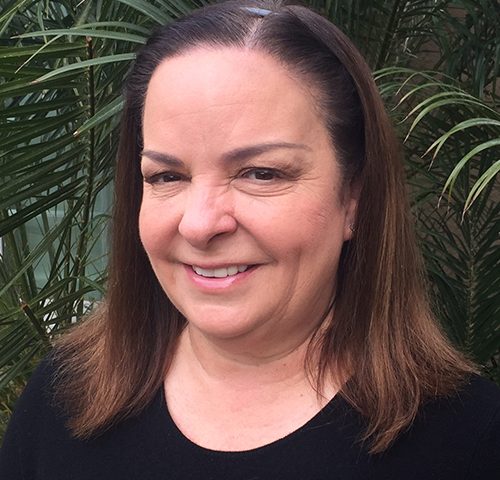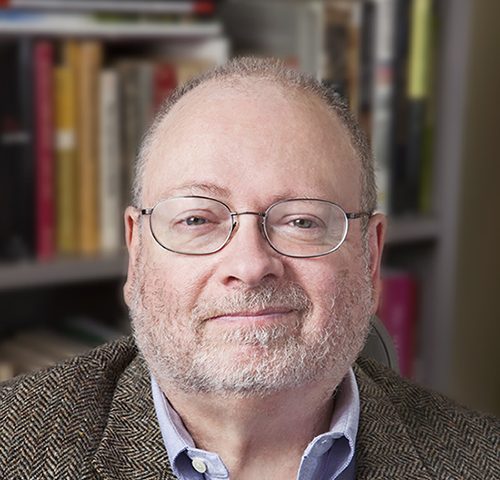
Graduate Research Assistant (GRA) Feature
We asked Shayne a few questions about her position at TPI, and about her research interests. Please share what has lead you to this position with the Thompson Policy Institute (TPI)? After completing the my Master’s and credential I chose to return to Chapman because of the knowledge and support that the faculty have to offer.

Perceptions of Disability in the Vietnamese American Community
Oftentimes, there is an assumption that Vietnamese Americans perceive disability as a condition that is a “debt” from sins committed in a previous life (Jegatheesan, Miller, & Fowler, 2010, p. 124; Wang & West, 2016, p. 5). While that assumption may be accurate for some Vietnamese Americans, it does not thoroughly capture the attitudes of

TPI Graduate Research Assistant (GRA) Feature
We asked Sneha a few questions about her position at TPI, and about her research interests. Please share what has lead you to this position with the Thompson Policy Institute (TPI)? I attended the first DisAbility Summit, and the very next day I applied to join Chapmans Ph.D. in Education program. While I was starting

Person-First Language and What it Means to Me
The discussion of person-first language versus identity-first language continues. This popular discussion has been occurring via various avenues for quite a while. The education field has deemed person-first language such as, “an individual with autism” as acceptable, and many disabled individuals have argued for identity-first language such as, “Autistic,” stating it better suits how disabled individuals feel/identify. As the debate

Labels and Identity
Neurodiversity, Autism Spectrum Disorder, Autism Spectrum, Asperger’s. All these terms are labels. Which one fits the complexities of the self-called I? What happens when I add in; writer, poet, researcher, Graduate Research Assistant (GRA), and 3rd year Ph.D. student? What becomes of the other labels I may identify with? What if I write the word

Mathematizing: Striving for Inclusion Through Quality and Creative Math Instruction
Dr. Rachel Lambert is an Assistant Professor in the College of Educational Studies at Chapman University. Her scholarly work investigates the intersections between disability studies in education and mathematics education. She has conducted longitudinal studies of how learners with and without disabilities construct identities as mathematics learners, and how mathematical pedagogy shapes disability. Dr. Lambert

Meet Sarah Stup: Author with autism who has much to say about inclusion
To learn more about education and inclusion, we asked Sarah Stup to tell us about her educational experiences growing up. Sarah is a critically acclaimed author, and well-known blogger. Sarah types to speak, and has much to share with us about inclusion in the educational environment. Did you attend general education or special education classes

Audri Gomez, Ph.D.
Dr. Audri Gomez, the new Associate Director at TPI, sits down with us so we can learn more about her experience, research interests, and family life. Please read and share this interview. Welcome, Dr. Gomez! Prior to joining TPI, tell us about your experience in the education system. My career in education began as a K-6

Transition to Work
As we consider the long-term future of our youth with disabilities, it is critical to start with successful outcomes and work backward. Transition Planning includes: Education/Post-Secondary Education, Mobility, Connections to Resources, Independent Living, Recreation/Fitness & Work. All of these areas are essential, but for the sake of this blog we will concentrate on employment. The

MELISSA SHANG
If you write blogs, or opeds, or opinion pieces, the holy grail is not something Indy and his dad search for, but the New York Times pages. Thousands apply each week, and the paper, after running their regular columnists, prints one or two outside authors a day. After writing seven books I got in once,